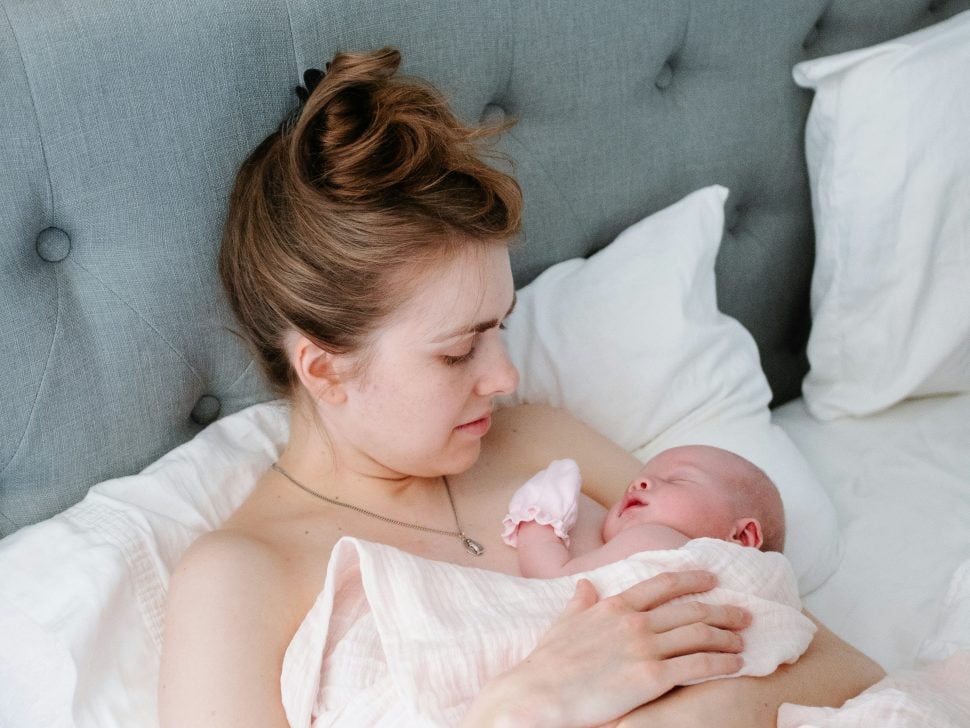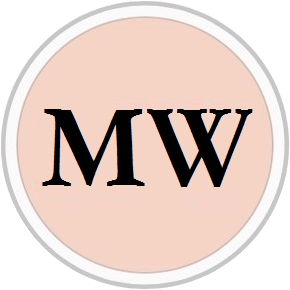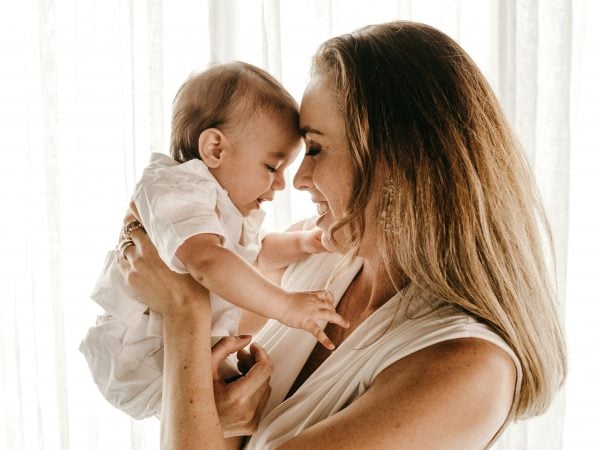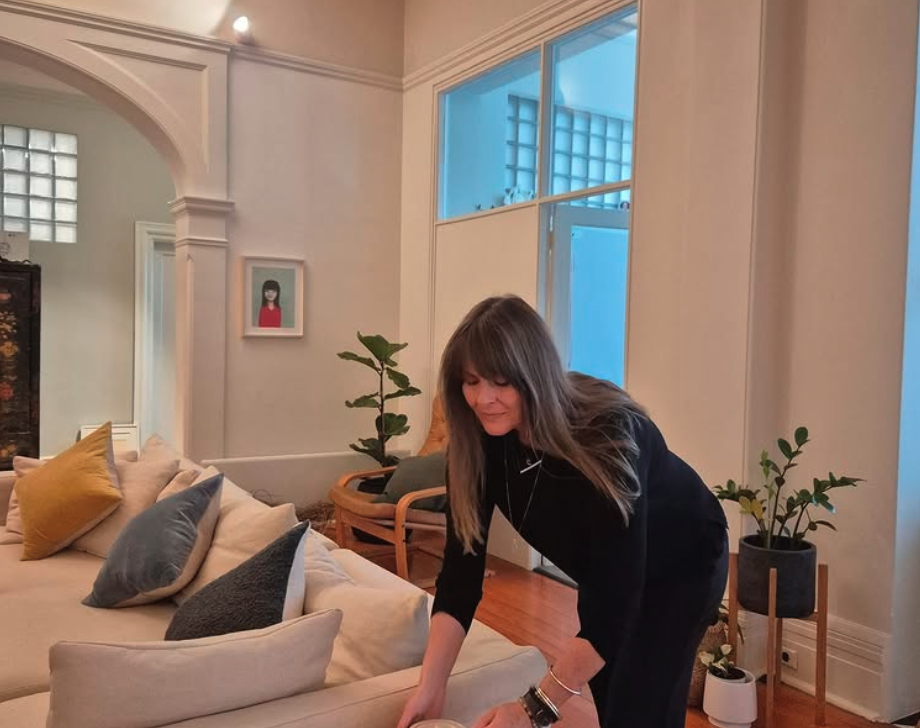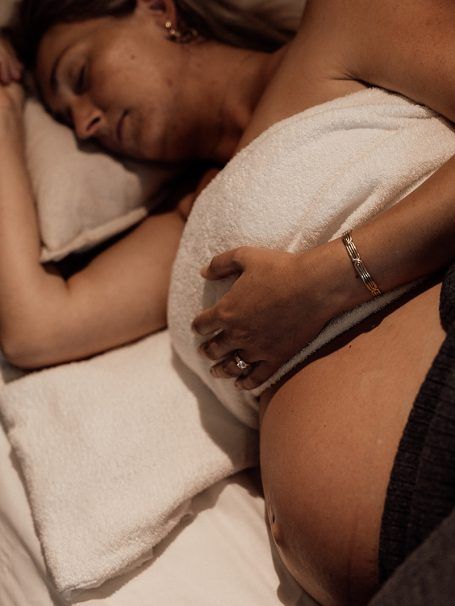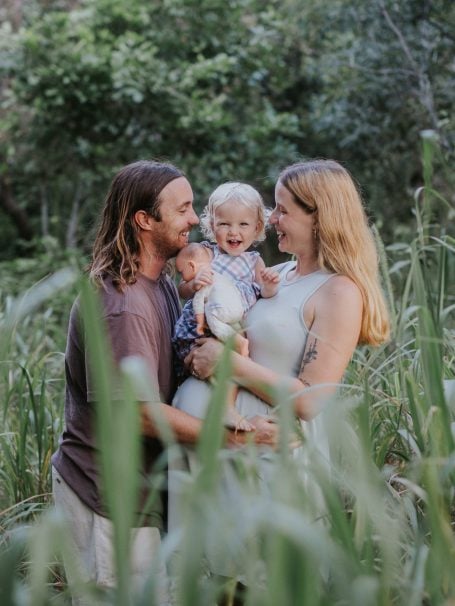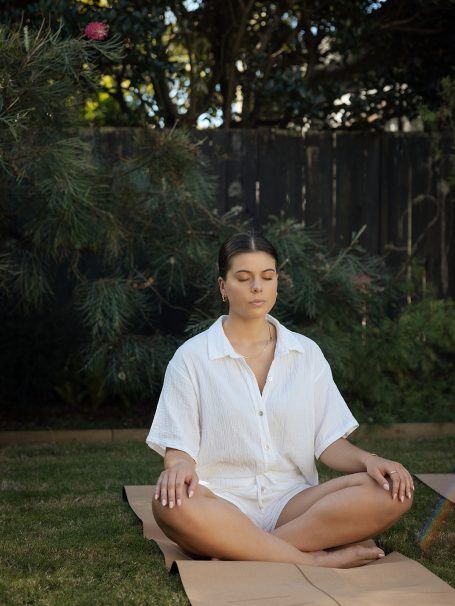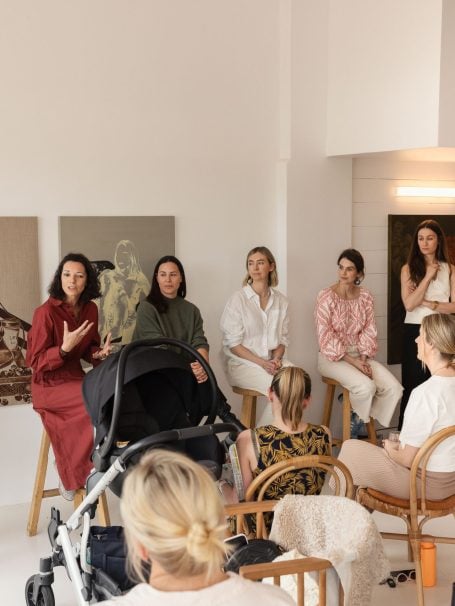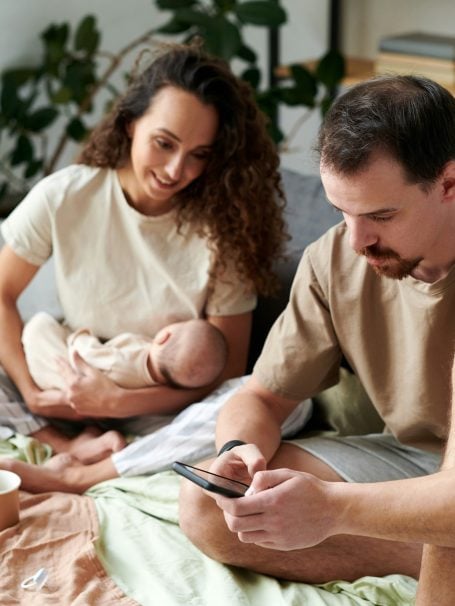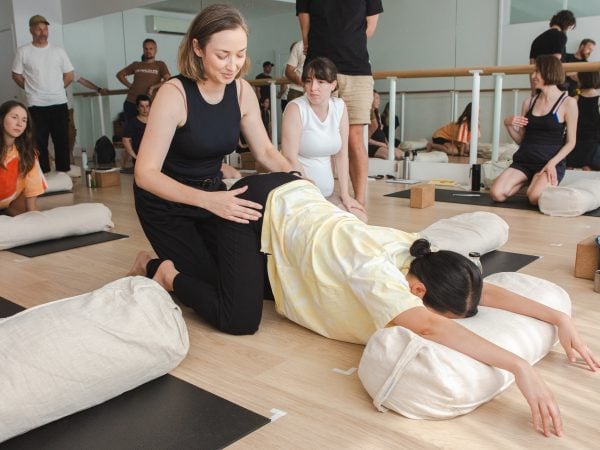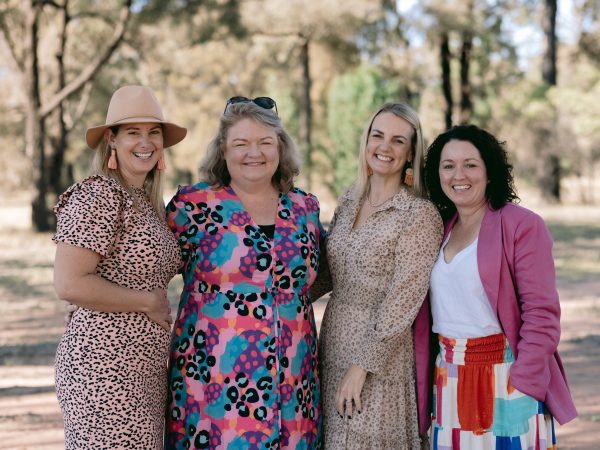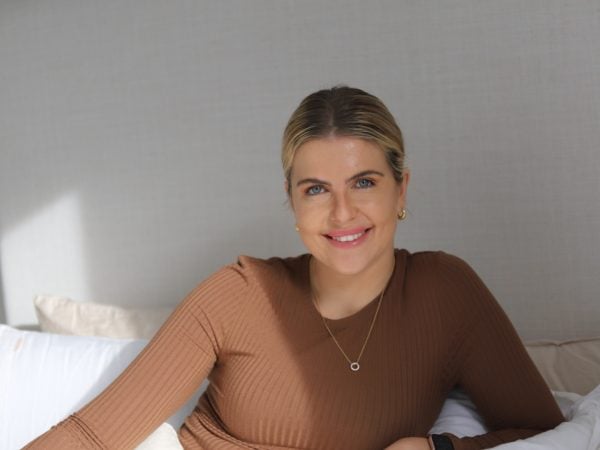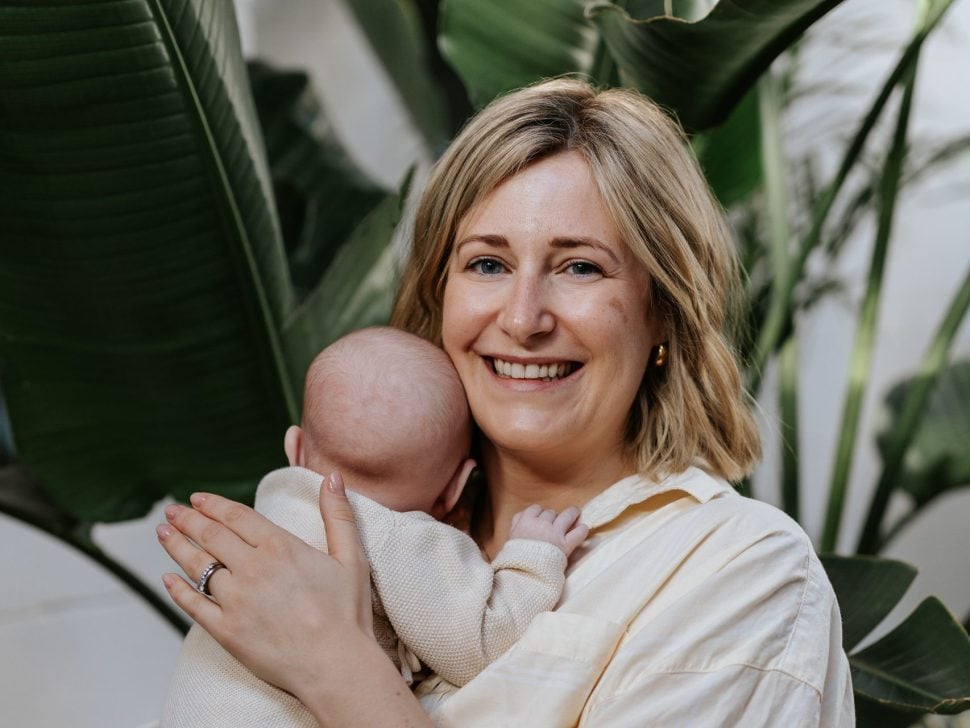Why do you think asking for help still feels so hard for new parents, and how do you help shift that mindset?
This is an age-old problem that comes with perfectionism, judgment, and /or a fear of judgment from others. When new clients call us in need, I always say they have made the first amazing step in reaching out. We really are a new society and a new age, with far less ‘village’, and I know in time, people in general will start to change the way they think. I truly believe one can never have enough help and support.
How does in-home support aid not just physical but also emotional and mental recovery after birth?
If I had my way, it would be non-negotiable and, in an ideal world, would have government funding, so everyone can access the help we all deserve. We can shape our families and therefore babies growing into children complete outcomes (and lives!) by providing education, but above all, support in those early days. It is essential for a mother who has given birth to rest and recover. This seems counterintuitive with a small baby, but support can help this. Dad and/or partner have also been through an immense lot, and their mental wellbeing is also imperative. Also, siblings, if not the family’s firstborn, need to transition. Physical support undoubtedly provides emotional and mental recovery aid in itself. I can not stress enough how having that extra person who isn’t a personal friend or family member but an expert in their field can give parents and families the confidence they need to make their own decisions around their family.
What steps do you take to ensure that your services are inclusive, safe, and respectful of all kinds of family structures?
We put a lot of effort, care, and time into both the ladies who work with us and also checking that the family aligns well with the candidate(s). I think the most important thing is to ask what is essential to the family and what they want. They are the client. Many families have their own idealisations; we can advise accordingly for those that don’t. Without a doubt, we have worked with so many types of family structures – we are never surprised by anything. This is part of our role: to be highly adaptable to any situation. Education can help with this. We do provide in-house training for our candidates. It is our utmost privilege to be invited into any family structure, and with that always comes diligence, safety, and respect. All family members are equally important – including the dog!
What should families consider, emotionally and practically, when hiring in-home support?
Although I say you can never have enough support, a big factor is definitely the level of support one is after. Does a family envision 24-hour care, two nights a week, intense support for the first two weeks and then to halve that support for the next four? Do they want four weeks or four months? There is no right or wrong, and this is something we work on by individually tailoring to families’ needs. I always say, book your minimum needs, then judge from there. Every home will be different in its set-up. From a practical sense, if 24-hour care is needed, we do require a 3-4 hour break; therefore, a separate room and/or bed would be required. Other than that, we tend to stay mostly invisible, just supporting where needed. We are there for the family to use as much or as little as they need but will always maintain boundaries. I always suggest booking as soon as possible. We take bookings from 12 weeks pregnant, which means you can have time to get to know your chosen person, and it is all ready, set up well before pregnancy starts ramping up!
If you could reshape the postpartum care system, what would it look like?
Where do I start?! I believe we should all have access to postpartum care. That includes all parents. In New Zealand, there was a fantastic government-funded program for Maternal Mental Health, which I worked with via Karitane. It meant any parent feeling postpartum symptoms of overwhelm, sadness, tiredness (there was a tick box list), symptoms I consider many of us would experience, had access to maternity nurse care within their homes or a respite centre for up to 12 months. Headed by psychologists and sometimes psychiatrists, each case was closely analysed to determine the amount of help needed. The radical change within these families was unbelievable. My ultimate wish would be two years of this support, which is the most important brain development time for children. Postpartum care is considered a luxury; I consider it a necessity for setting up families for the ultimate best.

